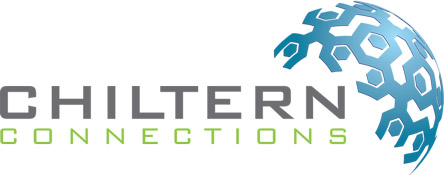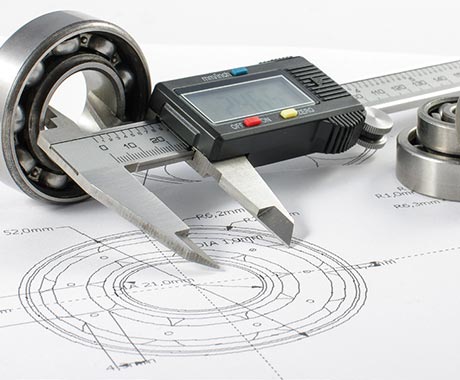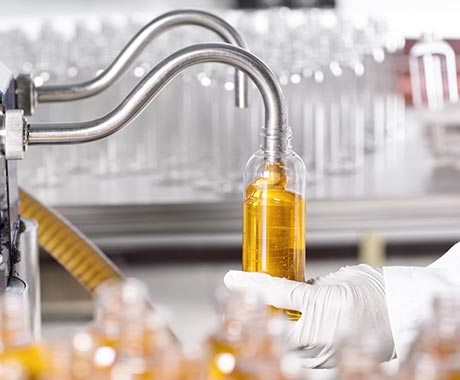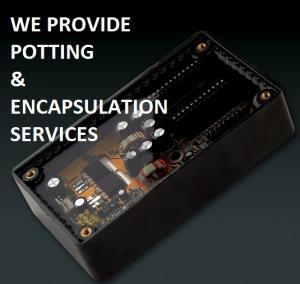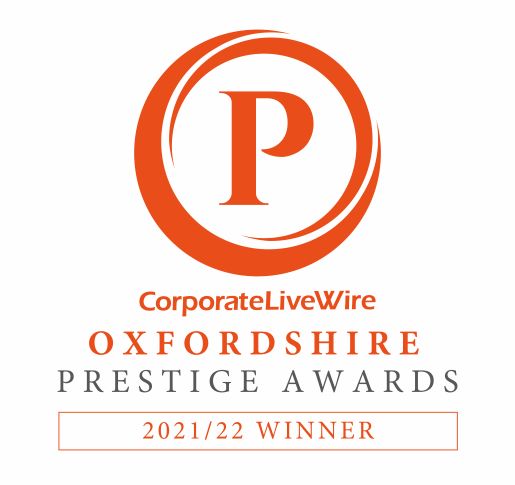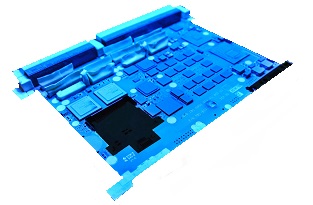
As leading conformal coating specialists, we provide a high-quality conformal coating service for the protection of printed circuit boards from a wide range of environments, preventing pcb corrosion and ultimately extending their working life. We offer acrylic, polyurethane, epoxy, silicone, UV cure and two part coatings and provide a number of alternative application methods from dipping, spraying, selective coating, UV and hand brushing to suit client requirements.
Services offered:
- Sub-contracting
- A range of materials
- Machinery for production lines
- Training
- Consultancy
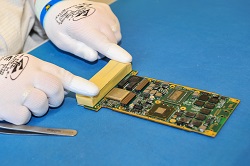
The conformal coating process:
Cleaning
As a general rule, unless the customer specifically requests not to do so, all assemblies received at Chiltern are, after Goods In inspection, aqueously cleaned prior to masking and coating.
The aqueous cleaning process is managed by the use of semi-automatic batch wash cleaners. These very sophisticated 'dishwashers' can be programmed specifically to suit the assemblies being cleaned.
These machines provide easy to set, repeatable wash programs that cover wash temperature, wash program time, a variable number of rinse cycles (de-mineralised water) and duration. A variable Cleanliness level setting feature which affects rinse cycles required and then ultimately drying temperatures and time using both radiant and fan assisted hot air.
A cleanliness level print out can be provided to record condition of surface of assembly prior to masking and coating.
Cleaning of assemblies prior to masking and coating is considered a major factor in ensuring that the coating of choice is able to bond well with the substrate of the assembly, and that any possible contaminants have been removed that may affect both adhesion and possible the aesthetic look of the finished coating.
Also, any possible `active` solder flux residues will have been removed and not become trapped 'in-situ' under or within an applied coating that may possibly lead to the compromising of the effectiveness of the coating during the life cycle of the assembly when possible certain tough environmental conditions may be encountered which may lead ultimately to an assembly failure.
Masking
For a conformal coating to be truly effective it must also be applied to the assembly correctly. However, most if not all assemblies, will have on them components, connectors, sockets, variable resistors, earth points, etc. which require to be masked if the assembly is to work correctly.
Therefore, correct reliable masking is essential in providing a coated product that still functions as the customer requires. Poor masking is the cause of most assembly operating failures through coating contamination of connectors and sockets etc.
A range of masking materials are available, from tape, masking dots, flexible masking boots and covers to liquid rubber solutions. All of which are employed in various styles and methods that best suits the particular assembly to be coated – there is no one style fits all.

Application
For more information about conformal coating applications, see the links below:
Curing
A number of methods exist that aid the curing systems of the various types of coating used for conformal coating.
These include straight forward air drying, where the solvent carrier evaporates off at air temperature leaving behind a thin coating film, this process is most widely used for acrylic coatings.
Sometimes heat can be applied, usually around 80°C to 110°C for an hour or so … please see manufacturers` datasheet for curing temperature recommendations.
Some modified silicone coatings only fully cure with temperature and over a specified time period and these can be in the range of 95°C for up to 18 hours.
UV coating materials will cure eventually in normal sunlight but, these materials are primarily for use with a specific UV light system which will cure the coating in a matter of seconds. Usually, these coatings have a secondary cure process to ensure that any coating that is hidden under components or in the shadow of larger components and therefore initially unaffected by the direct UV light are able to be fully cured by the addition of heat and often in combination with a rise in humidity to initiate the crosslinking process within the coating to complete the curing process.
Inspection
To ensure that the process of conformal coating a client’s PCB assembly is carried out safely and successfully demands a high level of constant scrutiny and inspection to ensure that all processes before, during and after coating are performed accurately and correctly.
The clients assemblies are, by the time they reach the coating stage, nearing completion and almost ready to go out to either the final customer who will be eagerly awaiting their arrival or ready to be fitted into the equipment of the OEM - by which time a huge amount of time and expense will have gone into their creation and the last thing that anybody wants at this stage are problems with coating.
Hence Chiltern employs almost constant inspection on all stages to help ensure that the assemblies are right first time, every time.
Most inspection is carried out under normal light and normal magnification, macro inspection x4 to x 8 magnification and of course all assemblies are inspected under UV, as almost all coatings contain a UV trace which fluoresces under UV light.
Conformal Coating Removal
The need to remove or rework conformal coating can arise for a number of different reasons such as the replacement of a component or a contamination on the assembly. The process to remove or rework can be a difficult task unless equipped with the right tools.
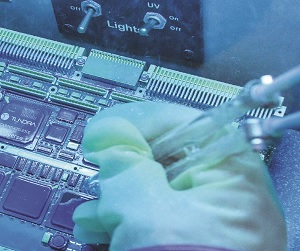
Chiltern Connections are experienced in removing conformal coatings, using a number of different methods to locally remove conformal coating, so, for example, this could be to remove from one component; or fully remove the coating, if there has been an assembly or coating failure.
Using chemicals to strip the coating or chemical abrasion requires skill and precision, to ensure the assembly or its components are not damaged during the process.
Chiltern Connections works in line with ISO 9001, OHSAS 18001 and IPC/EIA J-STD-001 / IPC-A-610 Standards, to ensure customer confidence in our ability to handle and process valuable and often urgently require PCBs quickly, efficiently and above all, safely.
So, if you have a conformal coating requirement, or need technical help please Contact Us or call us on 01491824788.
